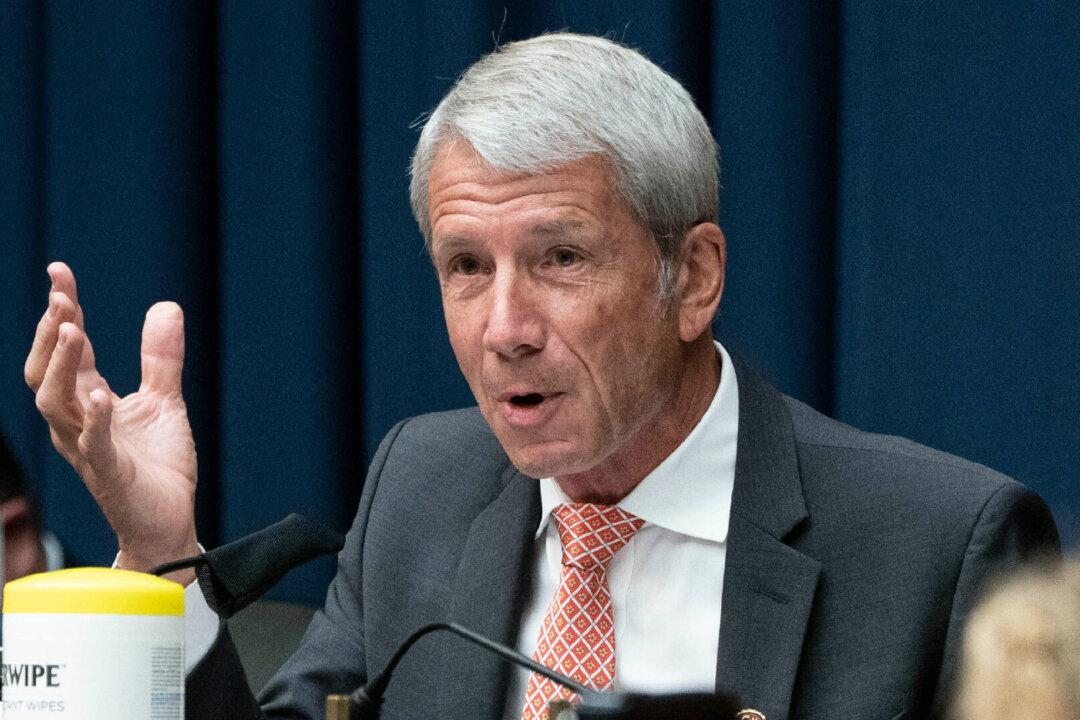Rep. Kurt Schrader (D-Ore.), a moderate who has gone against his party on several occasions during the 117th Congress, has been ousted by progressive Jamie McLeod-Skinner.
In August 2021, Schrader joined eight—later nine—House Democrat colleagues in opposing Speaker of the House Nancy Pelosi’s (D-Calif.) plan to force through a vote on the $3.5 trillion Build Back Better Act (BBB) and the $1.2 trillion Infrastructure Investment and Jobs Act (IIJ) at the same time.





